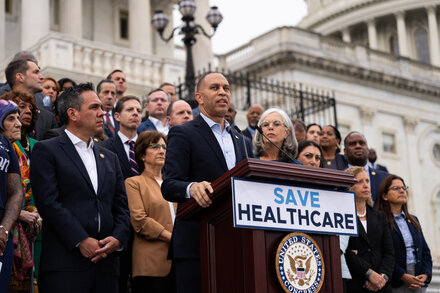
The New York Times has initiated a public call for individuals to share their personal stories and experiences with early-onset cancer, aiming to shed light on the challenges, diagnoses, and life impacts of the disease on younger populations.
Early-onset cancer generally refers to cancers diagnosed in individuals under the age of 50. Medical research has indicated a concerning global rise in the incidence of various cancer types among younger adults, prompting increased attention from both the scientific community and public health organizations.
The Growing Landscape of Early-Onset Cancer
While cancer is often associated with older age, recent studies have highlighted an uptick in diagnoses across a spectrum of cancers—including colorectal, breast, pancreatic, and prostate cancers—in individuals who are still in their prime working and family-building years. The exact reasons for this trend are still under investigation, with researchers exploring potential links to lifestyle changes, environmental factors, genetics, and dietary shifts over recent decades.
The challenges faced by those diagnosed with early-onset cancer often differ significantly from older patients. These can include delayed diagnoses due to a lower index of suspicion from both patients and clinicians, unique fertility preservation concerns, disruption of career trajectories, financial strain, and the profound psychological impact of confronting a serious illness at a stage of life typically associated with health and vitality.
The Value of Personal Narratives
By soliciting firsthand accounts, The New York Times seeks to move beyond clinical data and statistical analyses to capture the human element of this evolving health crisis. Personal narratives can provide invaluable insights into the diagnostic journeys, treatment decisions, emotional and physical tolls, and long-term consequences of early-onset cancer.
Such stories can illuminate common themes, identify gaps in care, and highlight the resilience of individuals navigating complex medical landscapes. They also serve to foster a sense of community among patients and their families, reducing isolation and encouraging advocacy for better research, support, and awareness.
The initiative underscores a broader effort to understand the unique needs of younger cancer patients and to explore why more people are developing cancer earlier in life. The collected experiences are expected to form the basis for future reporting, offering a comprehensive look at how early-onset cancer is reshaping lives and challenging conventional medical understanding.
Source: Read the original article here.





